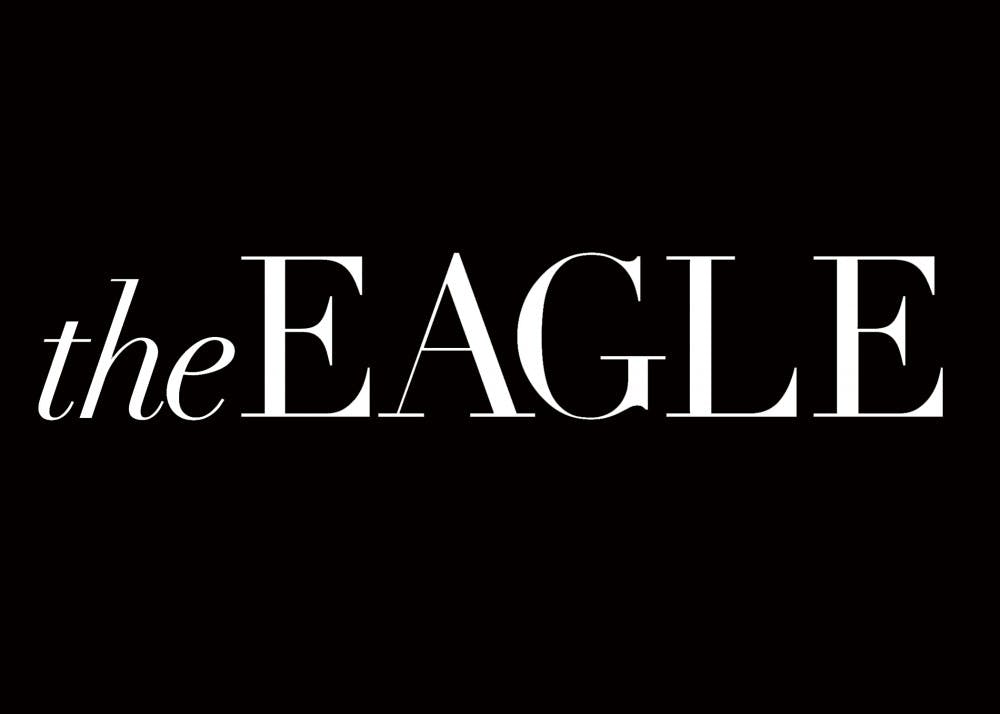Many factors entice students to come to American University. Chiefly among them, the university’s location in our nation’s capital allows for nearly unlimited access to a wide array of resources and opportunities. Additionally, students get to experience D.C. culture, noted for its vibrancy, but also for its “work hard, play hard” mentality.
Recent data given to The Eagle by the Health Promotion and Advocacy Center (HPAC) and the forces us to consider the impact that this work hard, play hard mentality may be having upon students’ drinking habits.
As The Eagle recently reported, D.C. has the highest rate of binge drinkers in the country. According to a 2017 study, 25.5 percent of D.C. adults say they’ve participated in binge drinking. Students themselves are not immune to this drinking culture, and it starts as early as Welcome Week.
AU’s campus community, specifically underclassmen, is suffering from the effects of binge drinking as well as its correlation to issues of sexual assault and abuse.
Firstly, Welcome Week sets a precedent of unstructured free time and access to alcohol that new students can carry into the semester. Secondly, though the University understands an abstinence approach to alcohol does not work, students still fear conduct code violations and punishment to the point that they consume alcohol too quickly and in dangerous circumstances.
Social life events in particular promote the over-consumption of alcohol. These include embassy events, Greek life and other off-campus parties. During Welcome Week, it is almost unofficial tradition for students, often women, to be picked up from the Letts-Anderson quad for off-campus events.
Beyond Welcome Week, access to alcohol remains generally controlled by and accessible through off-campus vendors and social life events. While it is clear that minors are legally barred from consuming alcohol, there must be more positive representations of alcohol and its responsible consumption on campus. This can be accomplished by investing more heavily in counseling space for those affected by alcohol and drug-related incidents as well as continued promotion of HPAC resources.
While numerous university-sponsored events vie for students’ attention during Welcome Week, the amount of unstructured free time given to students during this time exceeds that of many other universities. Many students appreciate the time provided to get settled into their new home. Others, however, get caught up in the “fear of missing out” complex and lack the forthcoming skills of time management provided in AUx1 Core curriculum. There are resources in place to assist students should they over-consume, but there aren’t any spaces in which the University can exert its influence on consumption.
After this timeframe has passed, students’ understanding of alcohol has already been shaped. This hamstrings AUx1’s curriculum and other university resources from having an effective impact. We cannot afford to continue to allow students to rely upon their DIY, experimental understanding of alcohol rather than an understanding shaped by literature and professional guidance.
The Eagle supports AU’s transition to a “damp” campus policy in 2016. We support the wellness approach to alcohol and other drugs incidents. But it has become clear that these policies must be accompanied by further institutional action, like HPAC’s new coordinator position for alcohol and other drug initiatives.
The Eagle urges AU to assume a share of increased responsibility over the distribution of alcohol to students. Otherwise, this responsibility will remain in the hands of other entities who do not have the responsibility or capacity to protect students’ wellbeing. Being in Washington means taking a proactive stance to combat some of the negative effects of the work hard, play hard culture — the same culture that continues to hurt too many students during their first few weeks, and later years, at AU.
This article originally appeared in The Eagle's October 2018 fall print edition.




